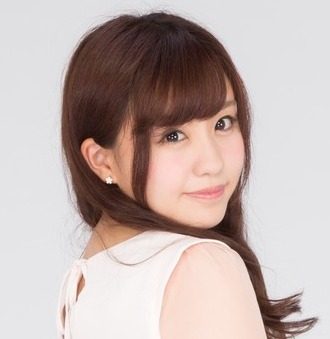Antonym:かねもち(kanemochi) vs. びんぼう(binbou)
What is the difference between “かねもち(kanemochi) and びんぼう(binbou)”? Which is used as the meaning of “rich”? After reading this, you would be answering this question. Let me introduce what their subtle differences are and how you correctly use them such as native speakers today!
かねもち (kanemochi)
Rich / 有钱人 / 부자 / Giàu
“かねもち(kanemochi)” means “Rich” and which has been used as the meaning of “having a lot of money”. The basic ways to use it are that “___はかねもちだ。(___ am/is/are rich.)”, etc. For instance, “私はかねもちだ。(I’m rich.)”, “彼はかねもちだ。(He’s rich.)”, “彼女はかねもちだ。(She’s rich.)”, etc. Everyone could use “かねもち” as casual, polite and formal such as “彼はかねもちだよ。(He’s rich.)” as casual and “彼はかねもちです。(He’s rich.)” as polite and formal. Kanji of “かねもち” is “金持ち”. Additionally, “お金持ち” sounds more polite “金持ち”, so girls/women tend to use “お金持ち”.
\ Learn Japanese language online with a personal native teacher!/
Sample
友達の家族はお金持ちだよ。 (One of my friend’s Her family is rich.) (我朋友的家人很富有。) (친구 가족은 부자야.) (Gia đình của bạn tôi rất giàu có.)


兄は金持ちだから、ノートパソコンを買ってくれました。 (Since my brother is a rich person, he bought me a laptop.) (我的哥哥很有钱,所以他给我买了一台笔记本电脑。) (형이 돈이 많아서 저에게 노트북을 사줬습니다.) (Vì anh trai tôi rất giàu có nên anh đã mua máy tính xách tay cho tôi.)


お金持ちになったら、家を買いたいです。 (If I become rich, I’d like to buy a house.) (等我发财以后,我想买房子。) (부자가 되면 집을 사고 싶습니다.) (Nếu tôi trở nên giàu có, tôi muốn mua một ngôi nhà.)


金持ちなの? (Are you rich?) (你有钱吗?) (부자야?) (Bạn có giàu không?)
びんぼう (binbou)
Poor / 穷人 / 가난 / Nghèo
“びんぼう(binbou)” means “Poor” and which has been used as the meaning of “having little money”. The basic ways to use it are that “___はびんぼうだ。(___ am/is/are poor.)”, etc. For instance, “私はびんぼうだ。(I’m poor.)”, “彼はびんぼうだ。(He’s poor.)”, “彼女はびんぼうだ。(She’s poor.)”, etc. Everyone could use “びんぼう” as casual, polite and formal such as “彼はびんぼうだよ。(He’s poor.)” as casual and “彼はびんぼうです。(He’s poor.)” as polite and formal. Kanji of “びんぼう” is “貧乏“. Additionally, we don’t say “お貧乏“, even if you are a girl/woman.
Sample


友達の家族は貧乏だよ。 (One of my friend’s Her family is poor.) (我朋友的家人很穷。) (친구의 가족은 가난해.) (Gia đình của bạn tôi rất nghèo.)


兄は貧乏だから、何も買ってくれません。 (Since my brother is a poor person, he doesn’t buy anything at all.) (我哥哥很穷,所以不会买任何东西给我。) (형이 가난해서 저에게 아무것도 사주지 않습니다.) (Vì anh trai tôi rất nghèo nên anh ấy chẳng mua gì cho tôi cả.)


貧乏になったら、家を売ります。 (If I become poor, I”ll sell my house.) (我以后要是没钱了,就打算把房子卖掉。) (가난해지면 집을 팔 것입니다.) (Nếu trở nên nghèo khó, tôi sẽ bán nhà.)


貧乏なの? (Are you poor?) (你是穷人吗?) (가난해?) (Bạn có nghèo không?)
\ Learn more! /









Comments